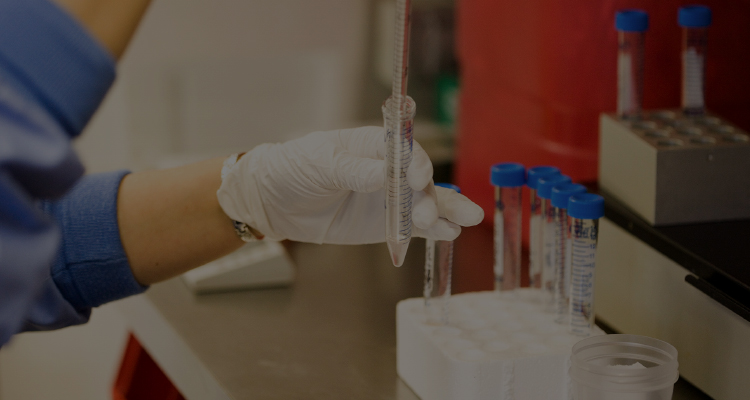주요연혁 / 연구실적
연구활동 Effects of ascorbic acid and ferrous sulfate on in-vitro fertility of …
페이지 정보
Effects of ascorbic acid and ferrous sulfate on in-vitro fertility of frozen-thawed spermatozoa in porcine Nam, H.S., C.K. Park, H.T. Cheong, S.C. Lee, J.H. Kim, B.K. Yang and C.I. Kim
J. Animal Reprod. 23(3):229-237, 1999
Effects of Ascorbic Acid and Ferrous Sulfate on In-Vitro Fertility of
Frozen-Thawed Spermatozoa in Porcine
Nam, H.S1., C.K. Park*, H.T. Cheong, S.C. Lee2, J.H. Kim2,
B.K. Yang and C.I. Kim
College of Animal Resources Science, Kangwon National University
ABSTRACT
The influence of ascorbic acid (Asc) and ferrous sulfate (Fe2+) on
capacitation, acrosome reaction and fertility in vitro was investigated in
boar frozen-thawed spermatozoa with or without preincubation. The addition
of 0∼1.0 mM Fe2+ to sperm suspensions during preincubation increase
acrosome reaction (p<0.05) and oocyte penetration. These increase are also
associated with addition of 0∼0.5 mM Asc, but the penetration rates were
higher in those without than with sperm preincubation. The addition of 0.1
mM Asc than 0.5 mM in medium with Fe2+ were significantly(p<0.05) higher
on acrosome reaction at 2h after sperm preincubation. No significant
differences, however, were observed in penetration rates among the
concentrations of Asc. On the other hand, when preincubation medium
containing the Asc was supplemented with 0.1 mM Fe2+, the percentage of
spermatozoa acrosome-reacted were significantly(p<0.05) higher than in
medium without Fe2+, on the contrary, the penetration rate was
significantly(p<0.05) low during in-vitro fertilization. These findings
indicate some apparent effects of Fe2+ or Asc addition on acrosome
reaction and the fetilizing potential by sperm preincubation.
key words: Ascorbic acid, Acrosome reaction, Capacitation, Ferrous
sulfate, Porcine






















